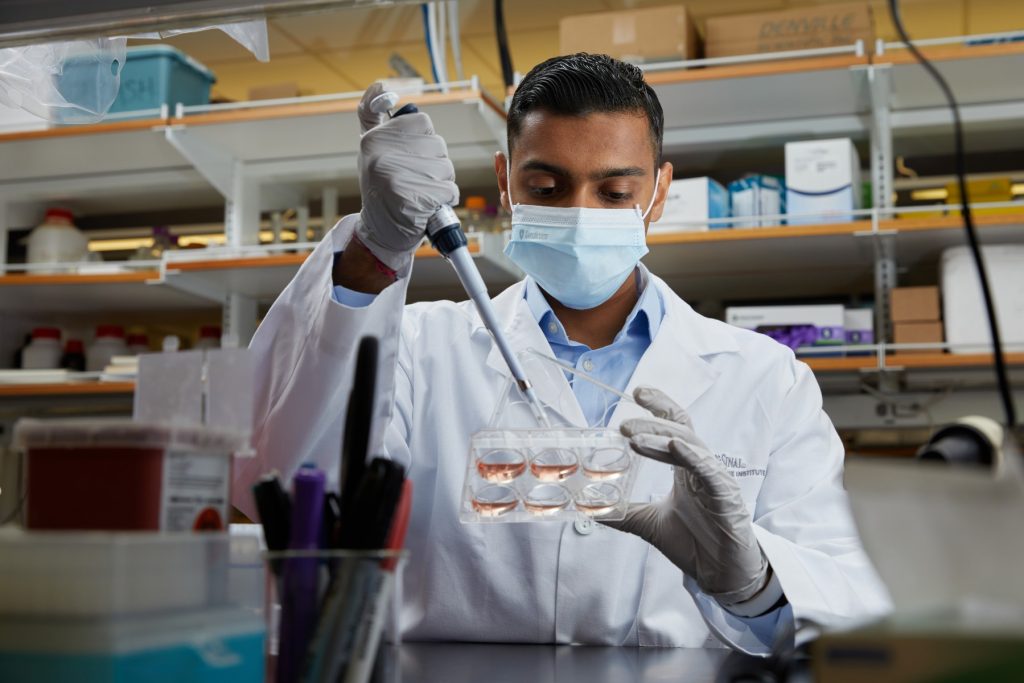Empowering Lives – The Role of Regenerative Medicine Research Program
Regenerative medicine is a groundbreaking field that holds the promise of transforming healthcare as we know it. It involves harnessing the body’s innate ability to heal and regenerate damaged tissues, organs, and even cells. The Regenerative Medicine Research Program plays a pivotal role in unlocking the potential of regenerative medicine, offering hope to countless individuals suffering from chronic diseases, injuries, and congenital conditions. This article explores the critical role this program plays in empowering lives through scientific innovation and advanced therapies. Regenerative medicine encompasses a wide range of innovative techniques and approaches, including stem cell therapy, tissue engineering, and gene therapy. At its core, this field seeks to stimulate the body’s natural healing processes to repair or replace damaged tissues, ultimately restoring function and improving the quality of life for patients. Stem cells, for instance, are unique in their ability to differentiate into various cell types. This remarkable versatility makes them a valuable resource in regenerative medicine. Researchers within the program are working diligently to better understand stem cell biology, develop techniques for isolating and culturing them, and explore their therapeutic potential.

Organ Transplantation – The scarcity of donor organs has long been a major challenge in medicine. Regenerative medicine holds the potential to overcome this limitation by growing replacement organs or tissues in the laboratory. The Regenerative Medicine Research Program is at the forefront of this effort, pioneering approaches to engineer organs like kidneys, hearts, and livers.
Tissue Repair – Regenerative medicine can transform the lives of individuals suffering from injuries or degenerative diseases. From repairing damaged cartilage in arthritic joints to regenerating spinal cord tissue after injury, these innovative treatments can help restore mobility and function.
Treatment of Genetic Disorders – Many genetic diseases result from the malfunction of a single gene. The program is exploring gene therapy techniques that could correct these genetic abnormalities, offering hope to individuals suffering from conditions like cystic fibrosis, muscular dystrophy, and sickle cell anemia.
Cancer Therapies – Cancer often involves uncontrolled cell growth. Regenerative medicine is being harnessed to develop novel therapies that target cancer cells specifically, sparing healthy tissues, and minimizing the side effects associated with traditional treatments like chemotherapy and radiation therapy.
The impact of the Regenerative Medicine Research Program extends far beyond the laboratory. It offers a lifeline to individuals who have been grappling with the limitations of conventional medical treatments. Here’s how it empowers lives:
Hope for Incurable Conditions – For patients with conditions previously considered incurable, such as Parkinson’s disease, Alzheimer’s disease, or spinal cord injuries, regenerative medicine offers the hope of a cure or significant improvement in their quality of life.
Personalized Medicine – Regenerative medicine techniques can be tailored to an individual’s genetic makeup, ensuring treatments are more effective and have fewer side effects. This level of personalization is a game-changer in healthcare.
Reduced Reliance on Donor Organs – By engineering organs in the lab, the program reduces the dependency on organ donors, making life-saving treatments more accessible to those in need.
UTSA Regenerative Medicine Research Program plays a pivotal role in transforming healthcare and empowering lives. Through innovative research and groundbreaking therapies, this field offers hope to individuals suffering from a wide range of medical conditions.




